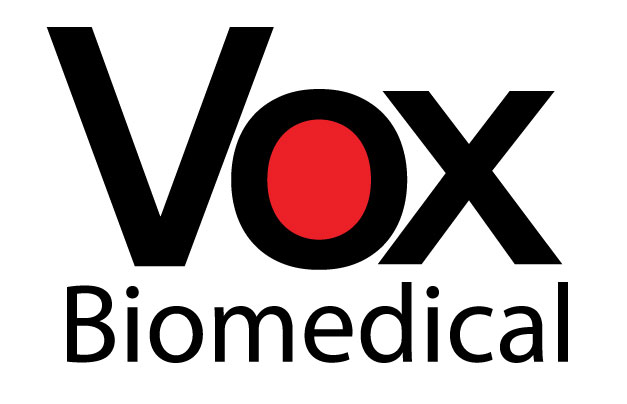BEDFORD, MA— Vox Biomedical announced that it has received a notice of allowance from the US Patent office on its infrared spectroscopy technology for detection of viruses in exhaled breath.
Addition of this capability would enable Vox Biomedical to expand upon its Venturi breath analyzer technology, currently being developed for the detection of marijuana and opioids, to include a rapid, sensitive, and accurate breath diagnostic test for a range of emerging viruses including COVID-19.
In 2020, Vox Biomedical received a supplemental award from the National Institute on Drug Abuse (NIDA/NIH) to explore COVID-19 biomarker discovery in exhaled breath. This breathalyzer technology is a much faster, less invasive and more accurate method of determining the Corona virus and potentially other deadly diseases early enough so they can respond to treatment.
Viral contagions remain a substantial threat to many areas of the world and U.S. Control of future virus pandemics require widespread human testing to prevent further spread of the infection. To ensure that such testing is as inclusive as possible, it is desirable that such testing be simple, quick, painless and not unpleasant.
Vox Biomedical Venturi breath system will allow a wide range of diagnostic breath testing from illicit drugs to viral infection to address future health and safety needs.
The company has been actively growing its intellectual property (IP) in the last few months. In October, Vox Biomedical announced an exclusive worldwide license agreement with Draper to strengthen its Venturi breath analysis system capabilities.
